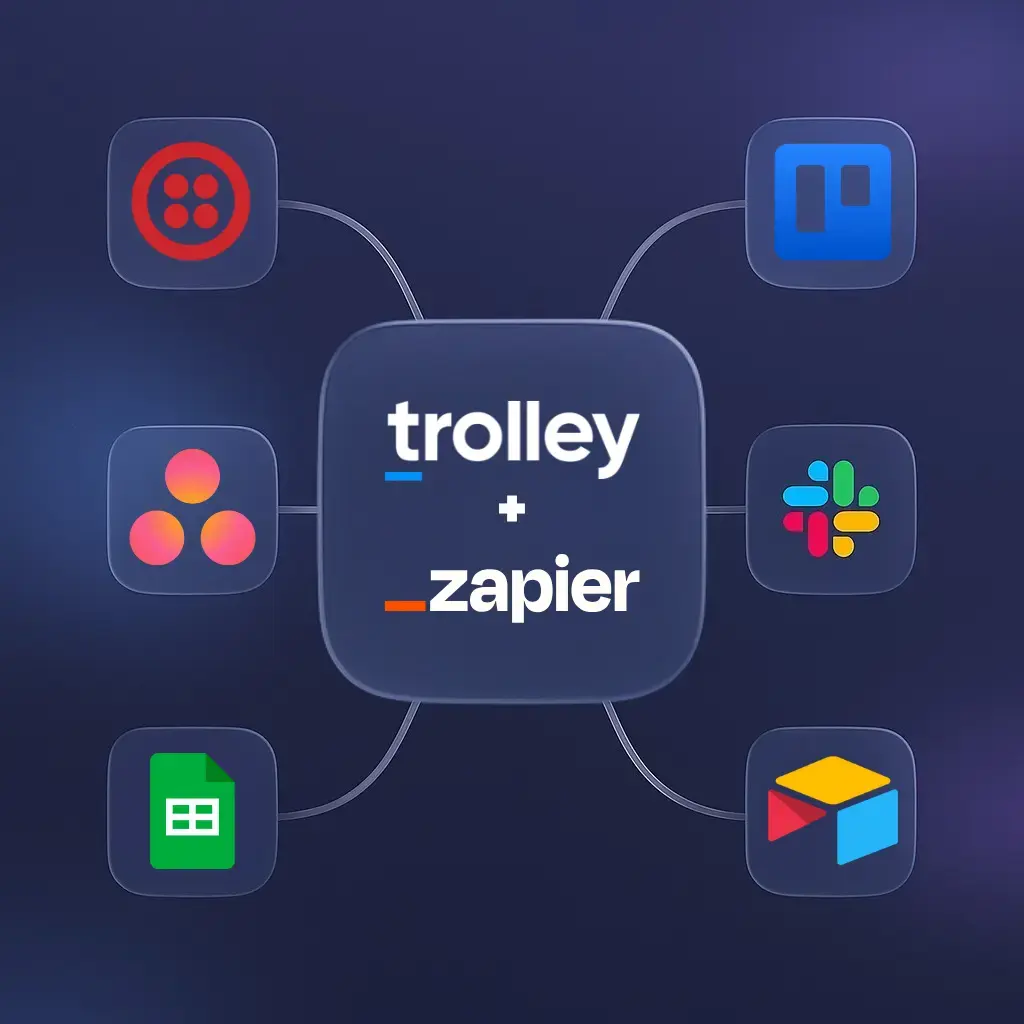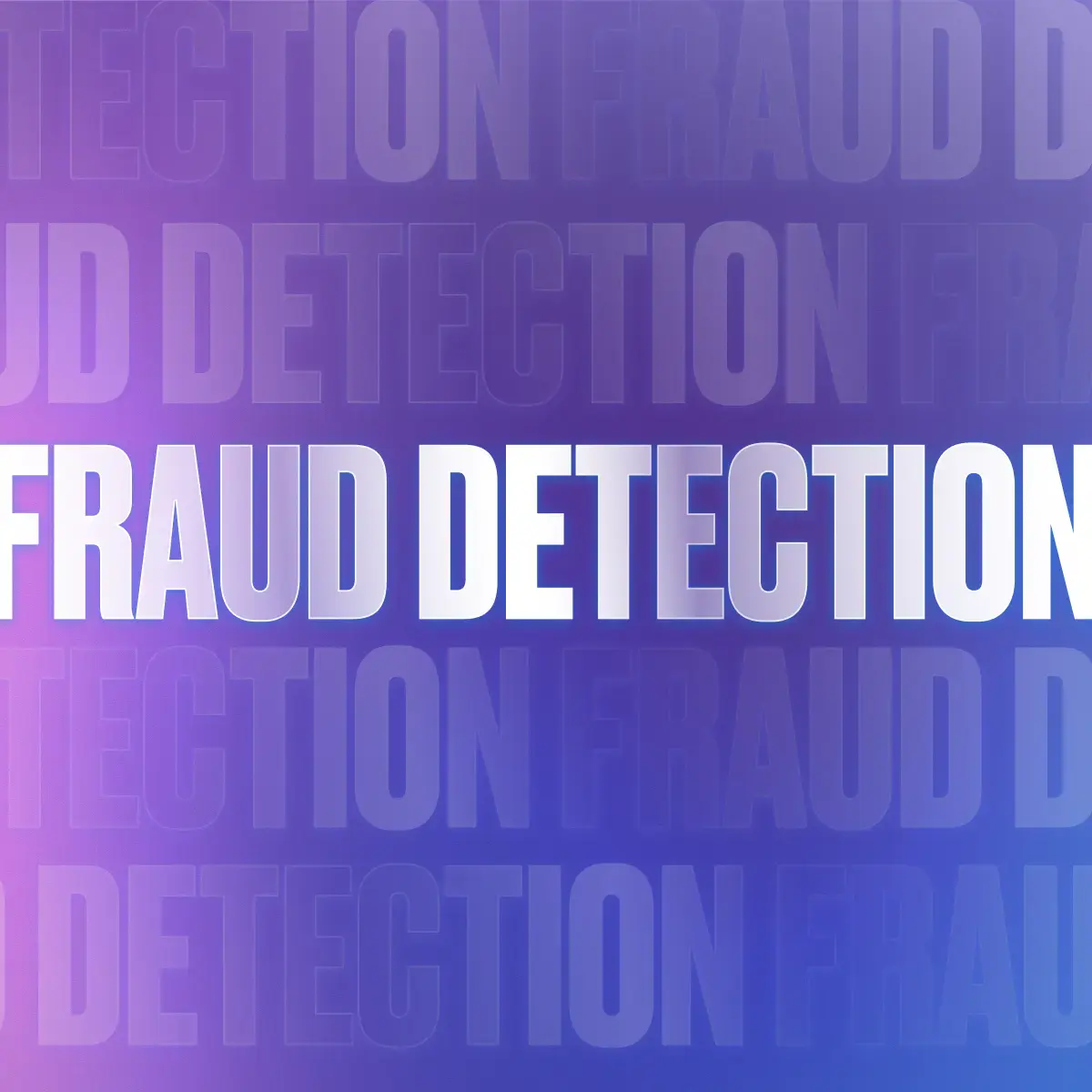Tax season can be complicated for artists, with different streams of income often coming from diverse sources from around the world. Offering guidance can help simplify the reporting process and build trust between you and them. This guide offers advice on how to best support them by compiling key tax deadlines, addressing income reporting gaps, and connecting artists with additional resources to help them navigate tax season in a stress-free way.
For artists, tax season can feel like an overwhelming maze. Unlike the straightforward W-2 process that friends or family might follow for employment income, artists often juggle income from multiple sources—royalties, gigs, sponsorships, and more—spread across domestic and international borders. This patchwork of earnings brings unique challenges, leaving many artists feeling stressed and unsure about how to stay compliant, and sometimes lacking the correct data and forms.
As a company working with artists and rightsholders, you’re in a unique position to provide meaningful support during this time. By offering the right resources and tools, you can help them meet their obligations, save time, and reduce stress—all while building stronger relationships and standing out as a trusted partner.
While there are many possible directions to take, here are a few suggestions—taken from conversations with Jessalyn Dean, CPA—to help you help your artists navigate tax season effectively.
What we cover
1. Offer a checklist of important dates
Helping your artists stay on top of tax deadlines is one of the most impactful ways to support them during tax season. Many of them balance creative work with administrative responsibilities, and having clear deadlines laid out can make a big difference.
Here are the most important IRS reporting deadlines to share with your artists:
- End-of-year deadlines
- Forms 1099-NEC and 1099-MISC: Issuers must send these forms to recipients by January 31. U.S. taxpayers need Forms 1099-NEC and 1099-MISC to prepare their taxes, but there may be instances where they don’t receive one, even though that income is still reportable and taxable. U.S. artists who fail to report income listed on a 1099 form in their tax return may receive a notice and face penalties for underreporting, underscoring the importance of furnishing artists with the proper forms on time.
- Form 1042-S (for non-U.S. individuals): These forms must be issued to recipients by March 15. While non-U.S. individuals generally do not need this form for their home country’s tax filings, they may need it if they wish to file a U.S. tax return for a refund of overwithheld taxes.
- Federal and state tax filing deadlines: While April 15 is generally the deadline for individual federal tax filings in the U.S., artists should also be aware of state-specific deadlines that may differ. For those unable to meet these deadlines, filing for an extension can provide additional time to complete their returns. However, it’s important to note that an extension to file does not mean an extension to pay taxes owed—any outstanding taxes must still be paid by the original deadline to avoid penalties.
- Quarterly deadlines
- Unlike W-2 employees who have taxes withheld by their employer, artists are responsible for calculating and paying their estimated taxes quarterly. Missing these deadlines can result in fines or penalties. The quarterly deadlines are typically:
- April 15
- June 15
- September 15
- January 15 (of the following year)
- Unlike W-2 employees who have taxes withheld by their employer, artists are responsible for calculating and paying their estimated taxes quarterly. Missing these deadlines can result in fines or penalties. The quarterly deadlines are typically:
For artists earning income internationally, tax deadlines vary by country, often based on that jurisdiction’s unique tax laws. While you don’t need to cover every possible scenario, it’s helpful to provide a general reminder to confirm deadlines in regions where they operate.
To go a step further, consider compiling key information about the tax policies of countries your artists frequently perform in or those with significant tax implications. Highlighting aspects like withholding rates, required forms, or common filing deadlines can save your artists time and help them avoid surprises. Additionally, some countries may require certain tax forms to be filed in advance of an income-generating event, making it essential to address these requirements before the artist has performed or earned royalties.
By sharing a comprehensive checklist of important dates and information, you’ll not only reduce stress for your artists but also position your company as a knowledgeable and reliable partner during a critical time.
How to make this easy for your artists:
- Create a simple checklist that outlines these key dates, along with tips for preparation.
- Remind artists about quarterly estimated taxes (for U.S. artists) or equivalents in other countries, and provide guidance on what information they may need to calculate them—especially since they won’t receive Forms 1099 until the end of the year.
- Remind artists early in the year to review their obligations and set aside time for filing.
- Offer resources, such as links to official tax forms or government guidance, to simplify the process.
A proactive approach to key deadlines can help reduce confusion and make tax season feel more manageable.
2. Educate about income reporting gaps and international tax compliance
For many artists, the most challenging part of tax season is ensuring that all their income is properly reported—especially when some sources don’t provide tax forms.
Income reporting gaps
U.S. artists often receive Forms 1099 for certain types of income, but gaps can arise in several ways:
- Organizations unaware of reporting requirements: Smaller or newer organizations may not realize they’re required to issue Forms 1099 to artists.
- Under-the-threshold payments: If a company pays a recipient less than $600 in total over the year for services income—or less than $10 for royalties—it won’t trigger a Form 1099. However, even without a form, artists are still required to report all income earned, regardless of the payment size.
- Lack of forms for international income: Payments from overseas entities may not come with any tax documentation, as these organizations aren’t always required to issue forms to U.S. residents.
- State and country income allocation: Payments may be delivered without detailed information about their original source, making it more difficult for artists to allocate the income to the correct taxing jurisdiction. Even Forms 1099s and Forms 1042-S are not required to disclose the originating source, but this information is pertinent to artists when it comes time to calculate and pay their taxes.
Artists may mistakenly believe they’re only required to report income for which they’ve received tax forms, but that’s not the case. As a company paying rightsholders and musicians, you can help bridge these gaps by consolidating income details from multiple sources into a single report.
International tax compliance
For artists earning income internationally, compliance can be especially complicated. Each country has unique requirements for withholding, reporting, and filing, and managing these obligations can be daunting for both artists and companies.
Additionally, with governments around the world cracking down on chronic under-reporting of income, especially for gig workers, staying ahead of the curve is more important than ever. Initiatives like the EU’s DAC7 and the OECD Model Rules are making it easier for tax authorities to access data and close gaps in tax revenue, targeting individuals who may be earning taxable income without reporting it correctly. Music companies can play a crucial role by proactively supporting their artists—especially those who may be inadvertently under-reporting or underpaying taxes internationally due to incomplete or inaccurate data—before tax authorities catch up to them.
Here’s how you can help:
- Consolidate income source data: Provide artists with detailed breakdowns of their international income, including the jurisdictions where the income was earned.
- Track the character of income: Whether it’s royalties from streaming, payments for international tours, or sponsorship income, clearly documenting not only where the income originated but also the type (character) of income helps artists allocate earnings properly and work out what tax rates apply to it.
- Deduct withholding taxes correctly: Some countries require taxes to be withheld at the source of payment. Ensuring accurate withholding helps artists avoid fines and penalties for underwithholding, while preventing overwithholding saves them from the time and cost of filing tax returns or reclaims to recover funds. Trolley helps ensure taxes are withheld accurately by automating the process and providing real-time calculations based on the latest tax regulations for each country, reducing the risk of errors and ensuring compliance with local tax laws.
- Educate on tax treaties: Double taxation treaties exist to reduce tax liability for individuals earning income in multiple countries. Inform your artists about these treaties and how they might claim credits to mitigate paying taxes twice on the same income.
For example:
Imagine an artist receives royalties from a European streaming service, performs concerts in Canada, and collaborates with a Japanese brand on a sponsorship deal. Each income stream may be subject to different tax rules—even more granularly, each country the music was streamed in or performed in may have different tax treatments—making compliance a complex puzzle. By consolidating this information and allocating income to the correct jurisdictions, you can help your artists file accurate tax returns and reclaim any overwithheld tax. And if the artist is a U.S. citizen living abroad, the complexity grows immensely because they continue being obligated to file and pay U.S. (and possibly state) taxes even when they no longer live in the U.S.
Helping artists navigate these complexities can alleviate much of the confusion and stress associated with tax season—and even help them recover money from overwithheld taxes—while reinforcing your value as a partner.
3. Provide artists with a list of trusted tax advisors
Navigating the tax landscape can be overwhelming, even with clear income reporting. That’s where professional tax advisors come in. Connecting your artists with specialists who understand the music industry can provide them with the expertise they need to handle their unique financial situations.
How to build your list:
- Research advisors with proven experience working with musicians and entertainment professionals.
- Include advisors at varying price points to accommodate artists with different budgets.
- Consider geographic coverage, especially for artists with international income or those working across multiple states.
- Vet the advisors on your list to ensure they’re reputable and responsive.
Going the extra mile by curating a thoughtful list of vetted professionals ensures you’re not just passing along a Google search but providing real, actionable value.
Bonus idea:
Host a virtual Q&A session with one or more tax advisors to give your artists the chance to ask questions in a low-pressure setting. This can help artists understand their options and build trust with the advisors you recommend.
Extra support:
- Share tips with your artists on how to prepare for a meeting with a tax advisor, such as organizing income documents and listing questions in advance.
- Provide basic resources, like checklists or FAQs, to help them maximize their time with professionals.
By offering access to trusted advisors, you can empower your artists to make informed decisions about their taxes and focus on their careers with confidence. Making tax compliance easier and less stressful for your artists is a great way to build trust by going the extra mile.
How Trolley can help
Helping your artists through tax season isn’t just about compliance—it’s about showing you care. By providing resources like key deadlines, detailed income reporting that goes beyond the bare minimums of Forms 1099, and access to trusted professionals, you can reduce the stress and complexity of tax season for your artists and build trust with the people whose artistry keeps the music industry booming.
At Trolley, we’re here to make this process even smoother. Our automated payout and reporting solutions free finance teams from time-consuming manual tasks like form collection and distribution. By ensuring tax information is validated and tailored to each income stream, Trolley helps music companies stay compliant while delivering a seamless experience to their artists.
With Trolley, you can focus on building lasting relationships and helping your artists thrive—during tax season and beyond.
Ready to streamline your royalty payouts and tax compliance? Join the likes of SoundCloud, United Masters, Soundrop, CD Baby, and more by getting in touch today.
*** Legal disclaimer
The information provided in this article is for informational purposes only and should not be considered legal, financial, or compliance advice. It is not intended to replace the advice of qualified professionals who are familiar with your specific circumstances. Compliance with IRS regulations is the responsibility of your organization.
Trolley’s platform is designed to assist with payment and tax reporting processes but does not constitute legal or compliance certification. We recommend consulting with your legal, financial, or compliance advisors to ensure that your systems and processes meet all applicable requirements. For questions about Trolley’s features and how they align with your compliance needs, please contact our support team.







